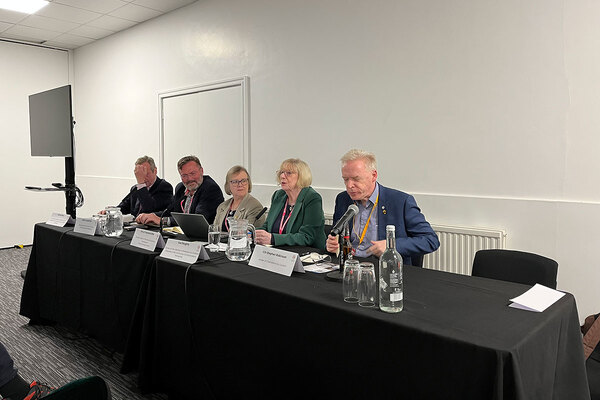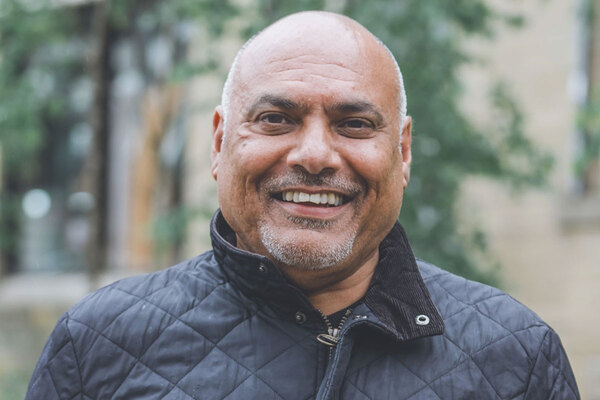You are viewing 1 of your 1 free articles
More than half of planning teams lack capacity to meet strategic goals such as housing targets
More than half (55%) of planning and placemaking professionals say their teams lack the capacity to meet strategic goals beyond their minimum statutory responsibilities.
According to a recruitment and skills survey by social enterprise Public Practice, these goals can include meeting housing targets, reaching net zero, increasing opportunities for residents, and reducing poverty and inequality.
The government, which is aiming to deliver 1.5 million homes this parliament, is funding 300 new planning officer roles as part of its reforms.
However, Central London Forward, a sub-regional partnership of the 12 central London local authorities, is calling on the government to ensure there is “sufficient funding” for planning teams, and it said the allocated funding of £20m for planning officers is not enough.
The survey aims to understand the extent of the skills gap, recruitment and retention challenges, and issues surrounding placemaking capabilities in the public sector.
It found that around 70% of respondents had difficulty attracting qualified and skilled candidates to fill capacity gaps in their teams.
The top skills shortage reported among the teams surveyed is digital and data – 70% of teams reported the need to recruit candidates with these skills, with nine out of 10 of the posts going unfilled.
The survey also shows that almost 20% of officers plan to leave the public sector in the next two years, while diversity “continues to be an issue for many teams”.
Only a third of respondents agreed or strongly agreed that their team “is an accurate reflection of the diversity of the population that we serve”.
Pooja Agrawal, chief executive of Public Practice, said: “Without the right people, with the right skill sets, local government is not going to be able to deliver resilient homes and places for the future.
“Our recruitment and skills survey reveals the consistent challenge the public sector faces around capacity and skills, and in particular in attracting and recruiting those skills in-house.
“We welcome the government’s promise to bring 300 planners into local authorities. As the survey reveals, it’s vital we use this opportunity to ensure that local authorities are equipped with the multi-disciplinary skills they need, including digital, design, infrastructure and sustainability expertise.”
Fiona Fletcher-Smith, chair of the G15 group of London’s largest housing associations and chief executive of L&Q, said that associations “could deliver real social and economic value through the affordable and social homes we build”.
But she said that the “unprecedented skills gap in our sector is hindering our abilities to deliver on our social mission”.
“From planning, to construction, maintenance and remediation, our public sector partners and us are lacking the skilled workforce needed to get the job done.
“We have welcomed the recent planning reforms and ambitious new housing targets, however government must ensure that the sector, including our local authority partners, has sufficient resource, support and expertise,” Ms Fletcher-Smith added.
Joanna Averly, chief planner at the Ministry of Housing, Communities and Local Government, said: “Planners are central to government ambitions to boost housing supply and kick-start economic growth across the country.
“We understand some of the challenges that local authorities are facing and that is why our capacity and capability programme will support them in recruiting, retaining and upskilling planners so they can speed up decisions on the ground.
“We are pleased to support Public Practice to promote more career opportunities in the sector, backed by our wider commitment to bolster local resources with 300 additional planning officers.”
Sign up for our development and finance newsletter
Already have an account? Click here to manage your newsletters












